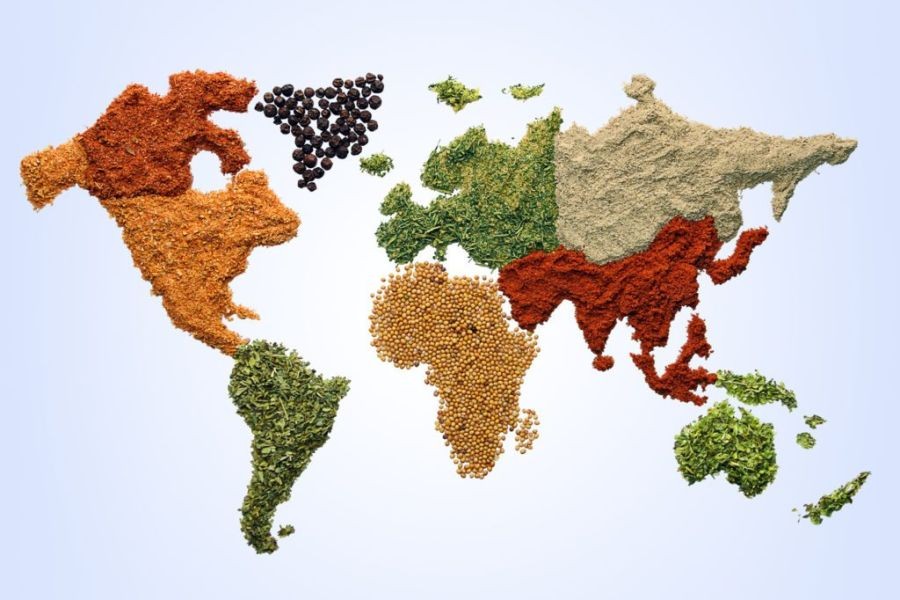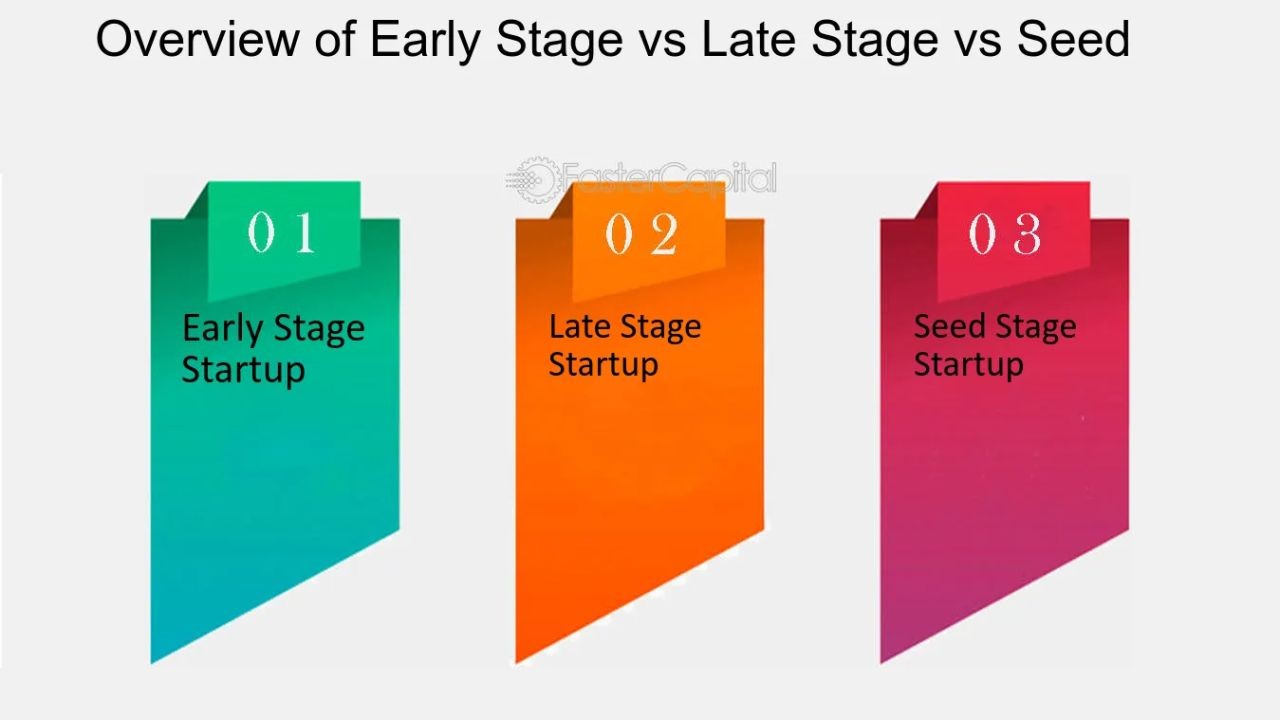In the face of rapidly shifting global food demands, New Zealand stands at a crossroads, challenged to adapt and innovate within its agricultural and food sectors. As the world population continues to grow and dietary preferences evolve, New Zealand, known for its robust agricultural industry, must balance its traditional practices with emerging trends to remain competitive and sustainable. This article delves into the ways New Zealand can navigate these changes, leveraging its unique resources and expertise while addressing global challenges.
Understanding the Changing Landscape of Global Food Demands
The global food industry is undergoing a transformation driven by several key factors: population growth, climate change, and shifting consumer preferences towards healthier, sustainable, and ethically produced food. According to the Food and Agriculture Organization (FAO), food production will need to increase by 70% to feed an estimated 9.7 billion people by 2050. For New Zealand, a country where agriculture accounts for approximately 7% of GDP and 14% of total employment, these trends represent both a challenge and an opportunity.
New Zealand's Current Food Production Capabilities
New Zealand's economy is heavily reliant on its agricultural exports, with dairy, meat, and horticultural products being the primary contributors. Data from Stats NZ highlights that the agriculture sector contributes significantly to the country's export earnings, with dairy alone accounting for over 26% of New Zealand's total goods export. However, the sector faces pressure to adapt to new consumer expectations and environmental standards.
Industry Insight: The Role of Technology in Transformation
An emerging trend within New Zealand's agricultural sector is the integration of technology to enhance productivity and sustainability. Technologies such as precision agriculture, automation, and biotech innovations are being increasingly adopted. For example, the use of drone technology for crop monitoring and soil analysis is helping farmers optimize resource use and improve yields. This shift not only increases efficiency but also aligns with global demands for sustainable and environmentally friendly farming practices.
Case Study: Zespri's Sustainable Kiwi Fruit Production
Problem: Zespri, one of the world’s largest marketers of kiwifruit, faced the challenge of meeting the rising global demand for sustainably produced fruit while maintaining high quality and profitability.
Action: To tackle this, Zespri implemented a comprehensive sustainability strategy, focusing on reducing its carbon footprint and improving resource efficiency. This included the adoption of renewable energy sources, such as solar power, and the implementation of water conservation measures across its orchards.
Result: As a result, Zespri achieved a 20% reduction in carbon emissions per kilogram of fruit produced and increased its market share in key international markets by 15% over three years.
Takeaway: This case study demonstrates how strategic sustainability initiatives can enhance a brand's reputation and open new market opportunities. Other New Zealand businesses can learn from Zespri's integration of sustainable practices to meet global food demands.
Balancing Tradition and Innovation: A Dual Approach
New Zealand's food sector must strike a balance between traditional practices and innovative approaches to meet changing demands. While traditional farming techniques have served the country well, they need to be supplemented with modern methods to boost productivity and sustainability.
One promising area is plant-based and alternative protein production. As consumers worldwide become more health-conscious and ethically minded, the demand for plant-based foods is rising. New Zealand companies like Sunfed Meats are at the forefront of this movement, producing plant-based meat alternatives that cater to both local and international markets.
Pros and Cons Analysis of Adopting Alternative Proteins
Pros:
- Increased Market Share: Companies adopting alternative proteins can tap into the growing global demand for plant-based foods.
- Sustainability: Plant-based proteins have a lower environmental impact compared to traditional meat production.
- Health Benefits: Consumers are increasingly seeking healthier food options, and plant-based proteins can offer nutritional advantages.
Cons:
- Market Skepticism: Some consumers remain skeptical of the taste and texture of plant-based proteins.
- Regulatory Challenges: Navigating food safety and labeling regulations can be complex for new food categories.
- Production Costs: Initial investment and production costs for alternative proteins can be high.
Debunking Common Myths in the Food Industry
Myth: "Sustainable farming is too costly and reduces profitability."
Reality: While the initial investment in sustainable practices can be high, studies show that they lead to long-term cost savings and increased profitability through improved efficiency and access to premium markets.
Myth: "Consumers are not willing to pay more for sustainable products."
Reality: Research from the Ministry of Business, Innovation and Employment (MBIE) indicates that a significant portion of consumers are willing to pay a premium for sustainably produced food, recognizing its environmental and health benefits.
Future Trends & Predictions
Looking ahead, New Zealand's food industry is poised to embrace several key trends:
- Increased investment in technology and innovation to boost productivity and sustainability.
- Expansion of plant-based and alternative protein markets to meet rising consumer demand.
- Enhanced focus on traceability and transparency to assure consumers of product quality and safety.
According to a Deloitte report, by 2028, up to 40% of New Zealand's food exports could come from alternative protein sources, driven by technological advancements and consumer preferences.
Conclusion: The Road Ahead for New Zealand's Food Industry
New Zealand's ability to adapt to changing global food demands will be crucial for its economic stability and growth. By embracing innovation, sustainability, and consumer-driven approaches, the country can position itself as a leader in the global food industry. The journey will require collaboration between government, industry, and academia to ensure that New Zealand's agricultural sector remains resilient and competitive.
As the world continues to change, New Zealand's food industry must not only keep pace but also set the standard for sustainable and innovative practices. The decisions made today will shape the future of New Zealand's food landscape, ensuring it remains a vital part of the global supply chain.
People Also Ask (FAQ)
How does changing global food demand impact New Zealand's economy?New Zealand's economy benefits from adapting to global food demands by accessing new markets and increasing export revenues. Embracing sustainable practices can attract premium pricing and consumer loyalty.
What are the biggest misconceptions about sustainable farming in New Zealand?A common myth is that sustainable farming is too expensive. However, long-term studies show that it can lead to cost savings and higher profitability through efficiency and access to premium markets.
What strategies should NZ businesses adopt to meet global food demands?Experts recommend investing in technology, exploring alternative proteins, and enhancing transparency and traceability to align with consumer expectations and market trends.
Related Search Queries
- New Zealand sustainable agriculture initiatives
- Alternative proteins market in NZ
- Impact of global food demand on NZ economy
- Future of food production in New Zealand
- Technological innovations in NZ agriculture
- New Zealand's dairy industry challenges
- Plant-based food trends in New Zealand
- Environmental impacts of NZ agriculture
- Consumer preferences in New Zealand
- New Zealand food export strategies
































azbgita8025171
10 months ago